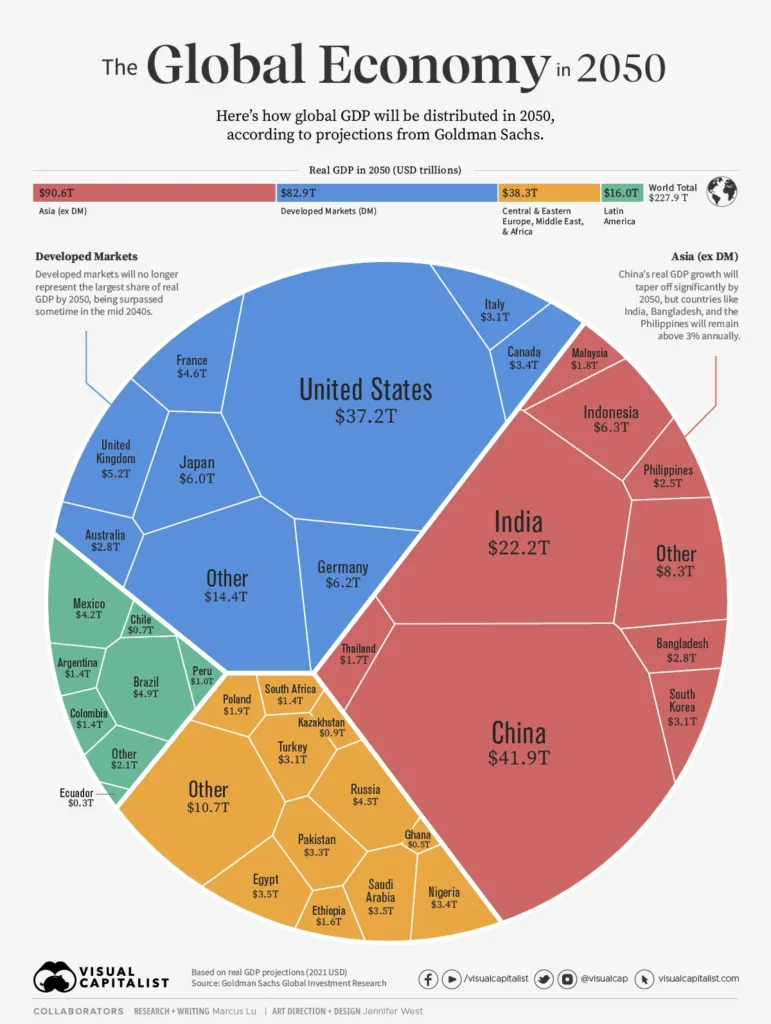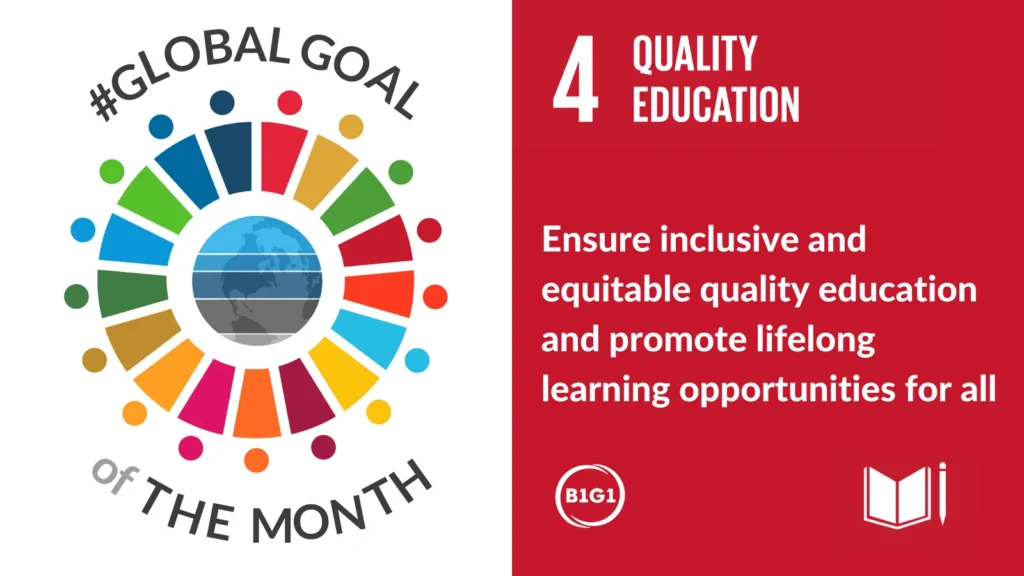Changing Weather Patterns and Crop Yields
One of the most significant impacts of climate change on agriculture is the alteration of weather patterns. Unpredictable rainfall, longer drought periods, and intense storms are becoming more common, all of which disrupt crop growth. In regions that rely on consistent weather patterns for agriculture, such as sub-Saharan Africa, the uncertainty of weather poses a serious threat to food security. Farmers are now facing crop failures and reduced yields, which could lead to food shortages and higher prices.
Water Scarcity: A Growing Concern for Agriculture
Water scarcity is one of the most pressing challenges for agriculture as a result of climate change. As temperatures rise and water sources dry up, farmers are struggling to irrigate their crops. In regions like the Middle East and parts of Asia, access to water is already limited, and this issue is only expected to worsen. This water crisis affects everything from crop production to livestock health, making it a critical issue to address in global agriculture policies.
Impact on Food Security and Prices
Climate change is also having a direct effect on global food security. Reduced crop yields and disrupted agricultural systems can lead to food shortages, making it harder for people, especially in developing countries, to access affordable and nutritious food. The rising cost of food due to supply chain disruptions further exacerbates the problem, putting millions of people at risk. Governments and international organizations must work together to ensure that food security is prioritized in the face of these growing challenges.
Shifting Growing Seasons and Crop Adaptation
Farmers are beginning to notice that traditional growing seasons are no longer predictable due to climate change. In some regions, the growing season has shifted earlier or later than usual, creating challenges for planting and harvesting. To combat this, agricultural research is focusing on developing climate-resilient crops that can adapt to changing conditions. However, even with new technology, the constant unpredictability makes it harder for farmers to plan and manage their crops effectively.
The Role of Technology in Adapting to Climate Change
Technology plays a crucial role in helping farmers adapt to the changing climate. Innovations such as precision farming, which uses data and technology to optimize crop production, can help farmers make more informed decisions about irrigation, fertilization, and pest control. Drones, sensors, and satellite imagery are also becoming more common tools in modern agriculture, allowing farmers to monitor and respond to environmental changes in real-time. These advancements help increase efficiency and reduce losses, making agriculture more resilient in the face of climate change.
Government Actions and Global Collaboration
To address the impacts of climate change on agriculture, governments worldwide must take decisive action. Policies aimed at reducing greenhouse gas emissions, investing in climate-resilient infrastructure, and supporting sustainable farming practices are essential for mitigating the effects of climate change. Additionally, international cooperation is necessary to ensure that countries share knowledge and resources to tackle this global issue. Only through collaborative efforts can we ensure a sustainable future for agriculture.
Conclusion
Climate change presents a significant threat to global agriculture, affecting everything from crop yields to food security. However, with the right investments in technology, sustainable farming practices, and government policies, it is possible to mitigate the worst impacts of climate change. The global agricultural community must continue to work together to adapt to this rapidly changing environment, ensuring that future generations will have access to the food they need to thrive.
Frequently Asked Questions
- What is the main impact of climate change on agriculture?
- Climate change disrupts weather patterns, leading to crop failures and reduced yields.
- How does water scarcity affect farming?
- Water scarcity makes it harder for farmers to irrigate crops, reducing agricultural productivity.
- What is the role of technology in combating climate change in agriculture?
- Technology helps farmers monitor environmental changes and optimize crop production.
- Why is food security a concern in relation to climate change?
- Climate change reduces crop yields, leading to food shortages and higher prices.
- What are climate-resilient crops?
- Climate-resilient crops are designed to withstand extreme weather conditions caused by climate change.
- How can sustainable farming practices help?
- Sustainable farming practices reduce environmental impact and increase agricultural resilience.
- What is precision farming?
- Precision farming uses data and technology to optimize agricultural processes and increase efficiency.
- How do government policies help in climate change adaptation for agriculture?
- Government policies can promote sustainable farming, reduce emissions, and support agricultural innovation.
- How can international collaboration help agriculture adapt to climate change?
- International collaboration allows countries to share resources, knowledge, and technology to combat climate change.
- What is the future of agriculture in a changing climate?
- The future of agriculture will rely on climate-resilient crops, sustainable practices, and technological innovations.




